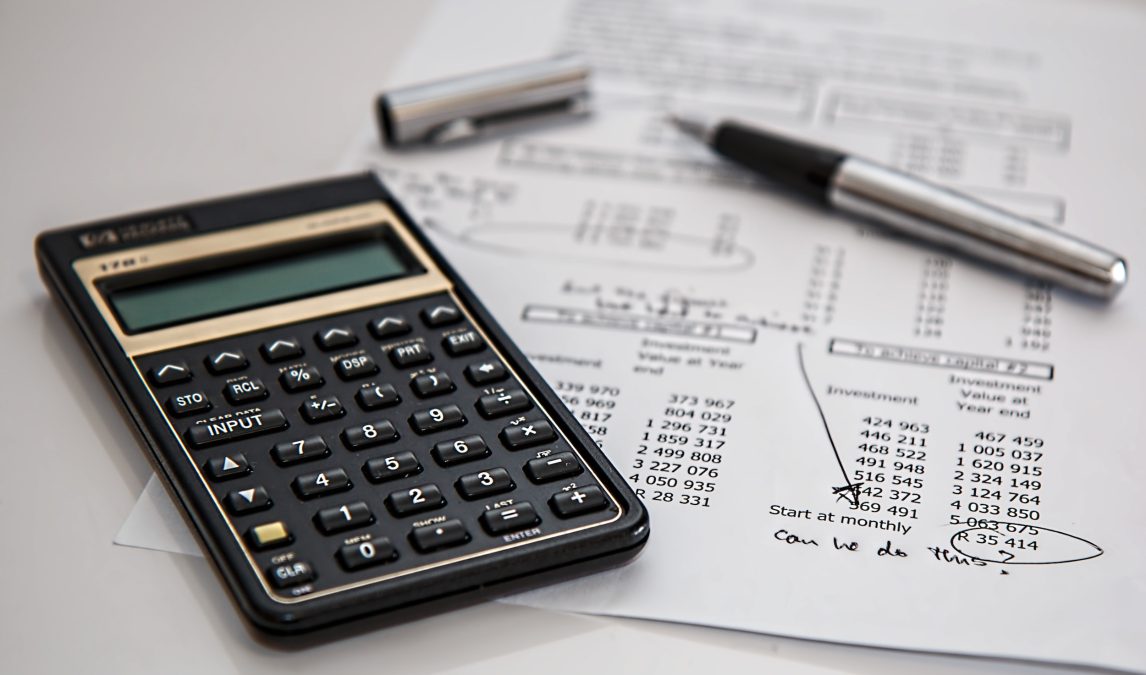
Keep Sufficient Records for 7 Years: The Importance of Record Keeping for Income Tax Purposes
Under Income Tax Act 1967, taxpayers are required to keep sufficient records relating to their business or operations income for at least 7 years from the end of the year of assessment.
-
-
Who is required to keep records ?
Every person carrying on a business whether a sole proprietorship or a partnership is required to keep proper records.
- What does keeping records involve ?
a) Setting up sufficient records for all business transactions
b) Maintaining the records throughout the year
c) Retaining the records for as long as necessary.
- Where should the records and books of accounts be kept?
Records and books of accounts relating to any business in Malaysia should be kept and retained in the place where the business is carried out.
- In what form should records be kept?
Records can be kept in manual or electronic form. However, if records are kept on an electronic medium such records should be readily convertible into readable format.
- Is it necessary to keep any supporting documents?
Supporting documents such as sales and purchases invoices, cash bills, bank statements, payment vouchers, pay-in slips, cheque butts, official receipts for payment etc. must be kept to support your expenses or claims.
- What types of records should be kept?
– A full set of books of accounts recording all your business transactions, receipts and payments.– Invoices, vouchers, receipts and such other documents necessary to verify the entries in the books of account.– Sales record– Bank statements : Separate accounts for business and personal use should be maintained. If, for any reason, a separate account is not maintained for the business, a record should be kept to identify the transactions which are for business purposes.– Stock take figures– List of debtors and creditors (trade and non trade)– Lists of assets and liabilities– There are instances where assets and liabilities may be used for both business and private purposes such as:
– Motor vehicle / Shop premise / staff living quarter
In such situations, a fair estimation of private use should be noted when the expenses are recorded.a) Overdraft / Loan (interest restriction)b) Depreciation schedulesc) Profit and Loss Statement and Balance Sheets
d) Any other document that confirms entries in your accounts (such as worksheets)
-
Why is it necessary to maintain sufficient records for a period of seven years?
In accordance with Section 82A (1) of the Income Tax Act 1967, every person who is required to submit a return of their return of his income for a year of assessment shall retain and securely keep sufficient documentation for a period of seven years from the end of the year of assessment for the purposes of ascertaining his chargeable income and tax payable.
- What happens if sufficient records are not kept?
– Best judgement of the Director General and an assessment will be raised accordingly
– Offender upon conviction may be liable to a fine of not less than RM300 and not more than RM10,000 or to
imprisonment for a term not exceeding 12 months or both.
-
ANC Group – Your Personal Tax Advisor
Tax consulting is the core service of ANC Group. Our tax professionals provide clients with comprehensive tax support and guidance. We offer tax consulting and compliance services for expatriates, entrepreneurs, and listed and non-listed companies.
Our tax consulting services include business tax, transaction tax, personal tax, and corporate income tax. We don’t just guide you in interpreting and applying complicated taxation rules, but to explore new opportunities and business trends.
We keep you abreast with Malaysia tax updates and any changes in the local regulations.
We work closely with industry specialists, authorities, and associated professionals within ANC Group to provide the best-in-class integrated tax planning solutions. ANC specialists coordinate the accounting and taxation services to bring your business to success.



